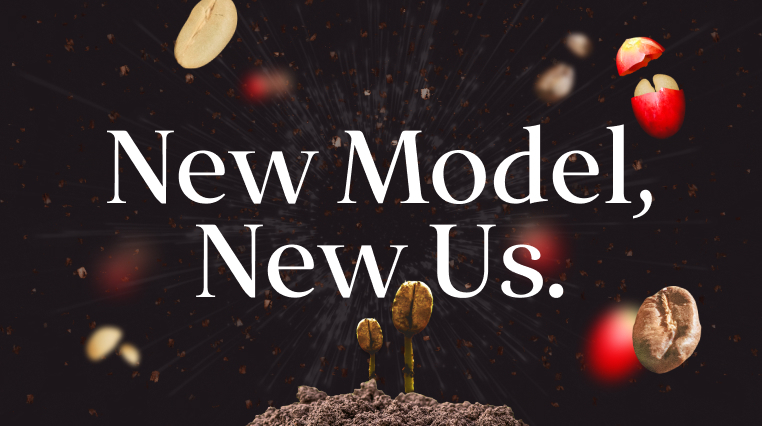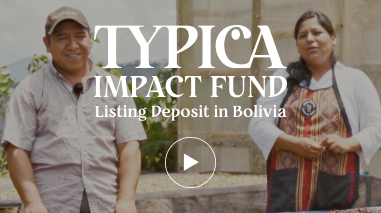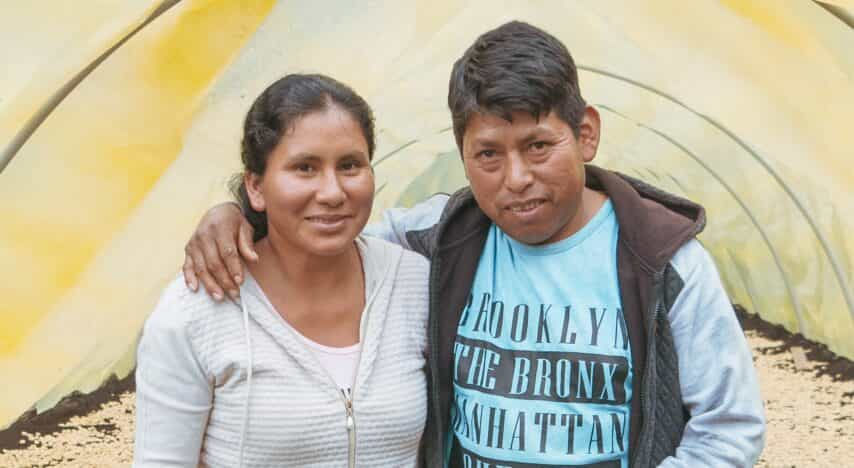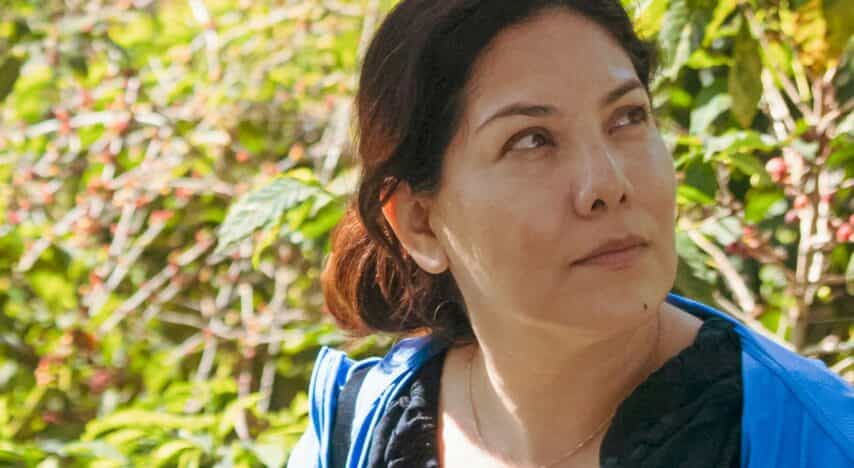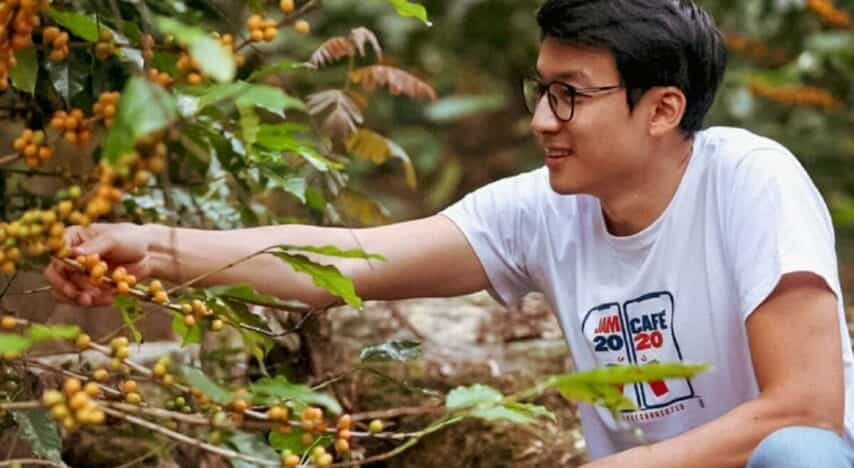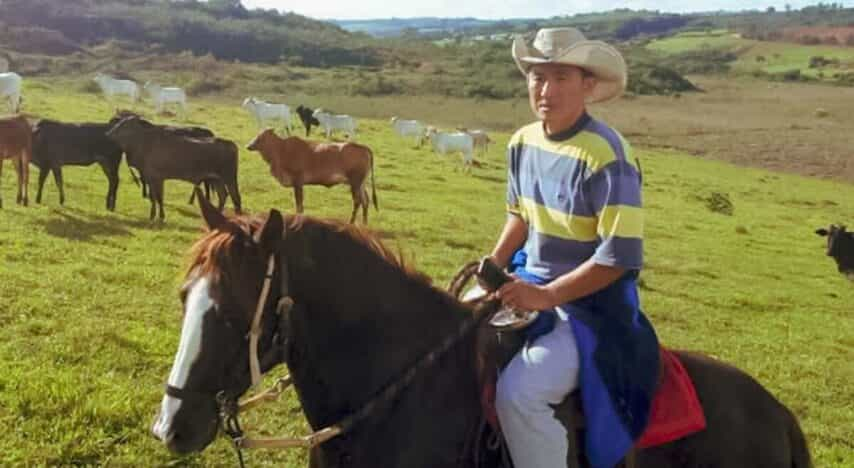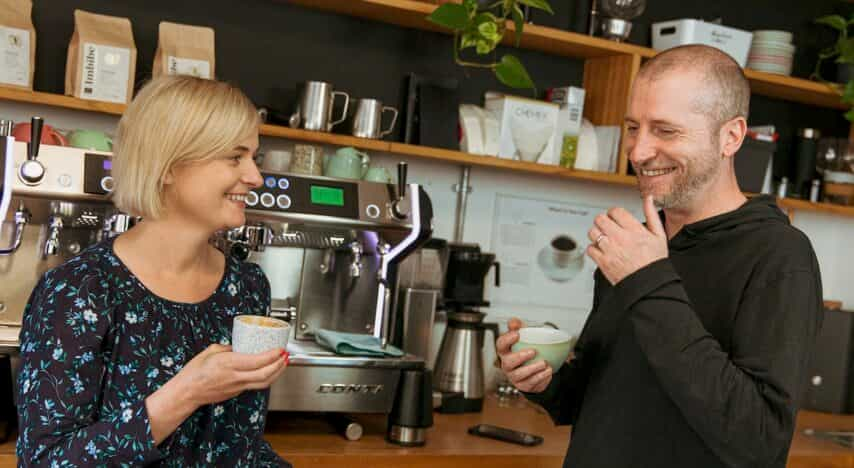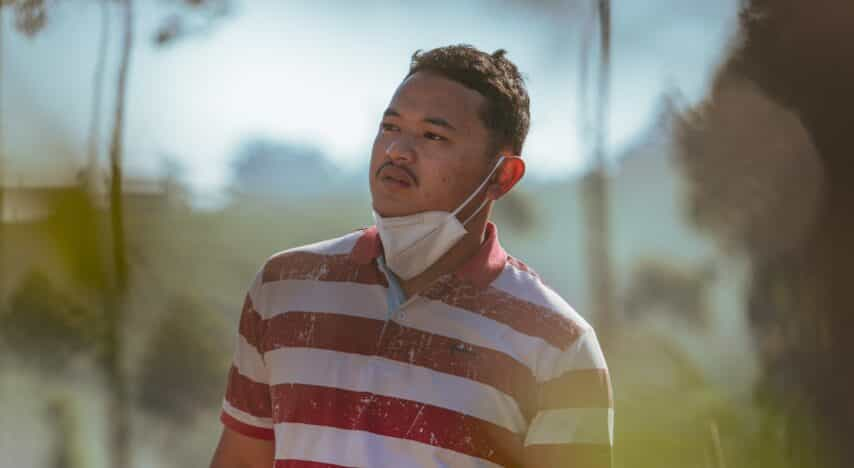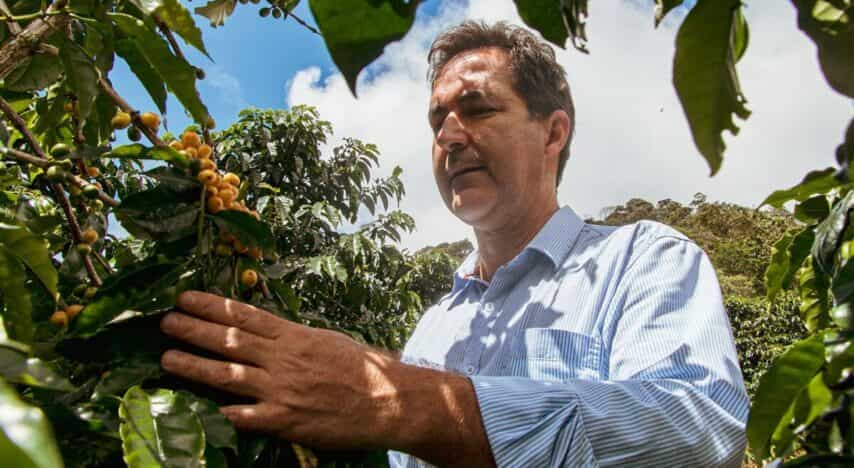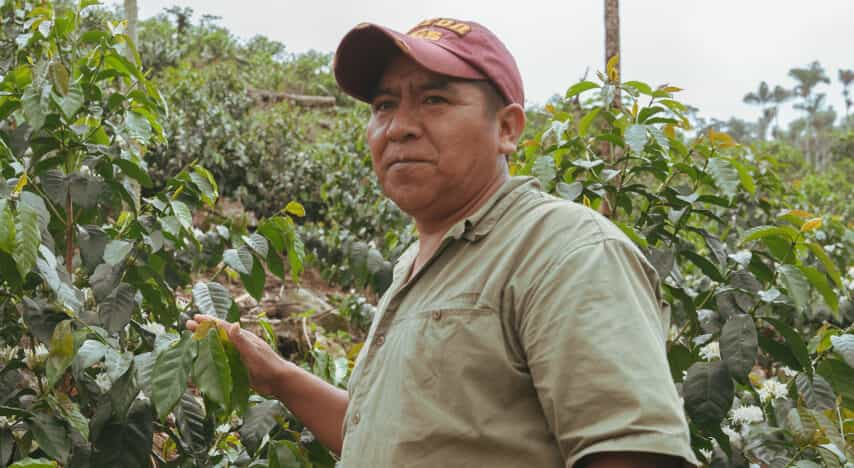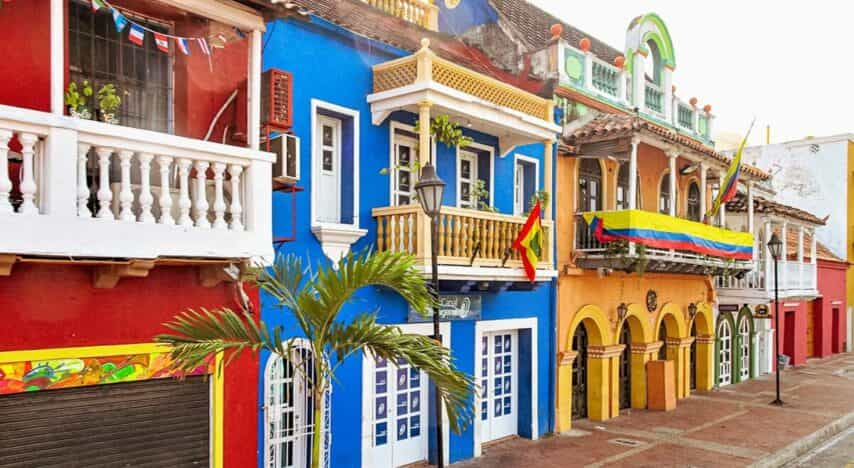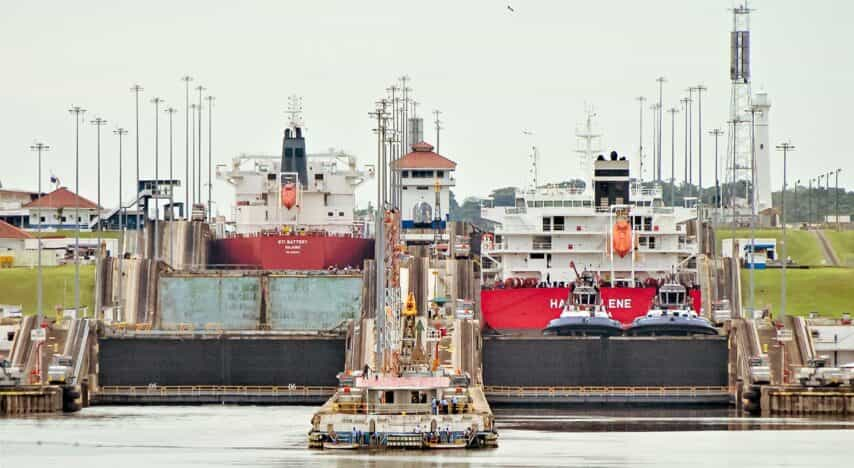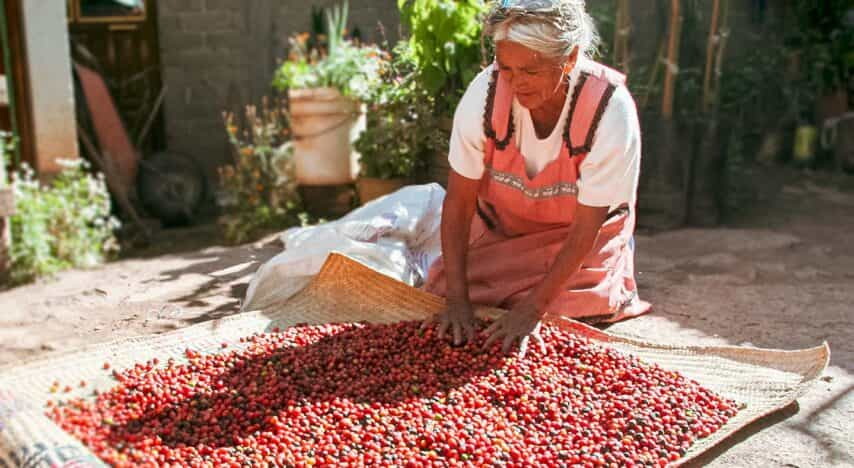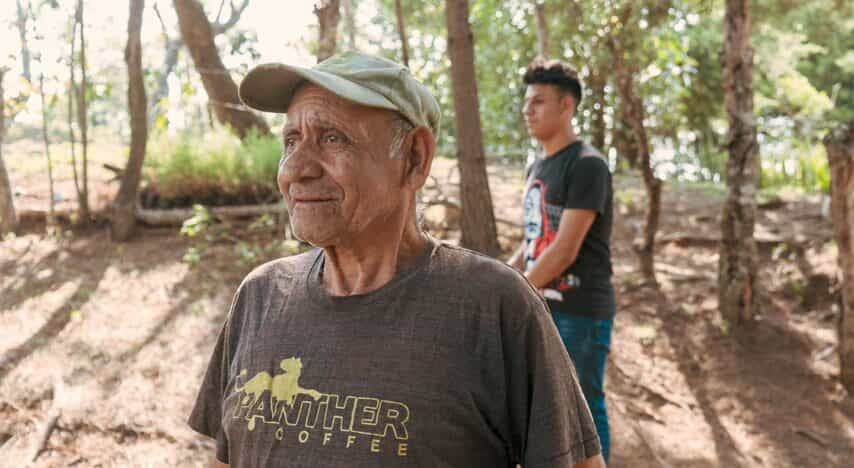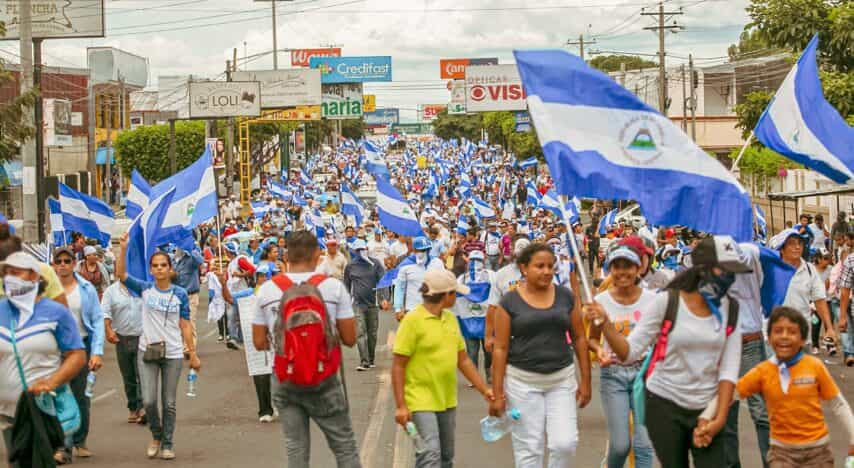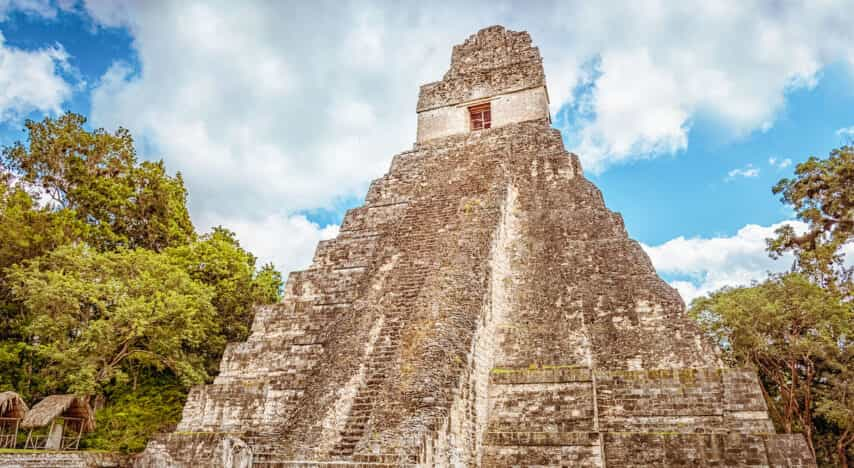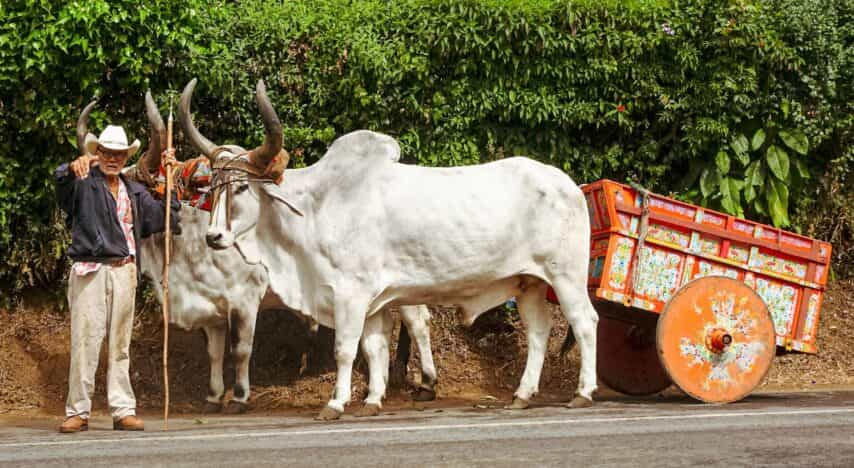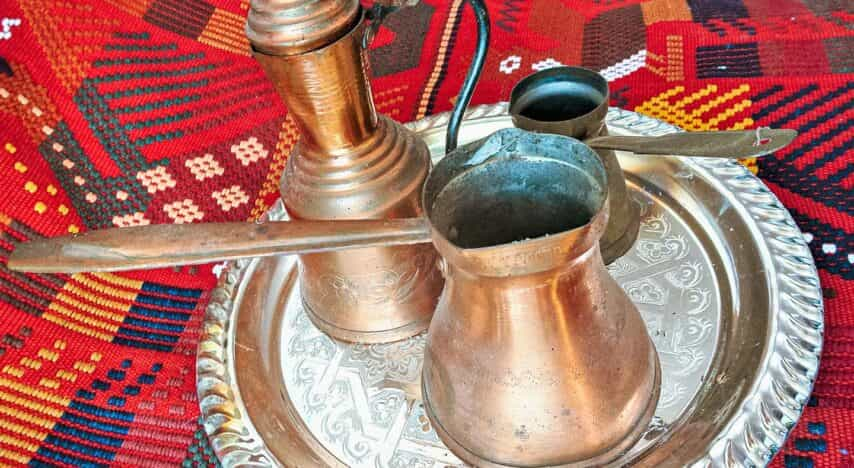TYPICA, a global venture dedicated to advancing the sustainability of high-quality coffee, announced its new …

We are all different and all wonderful. So is Coffee :)
All coffee lovers becoming one
through direct trade
TYPICA is an online platform where coffee producers and roasters from around the world
can engage in direct trade of rare and unique coffees, starting from just one jute bag.
We offer the diverse charms of coffees nurtured by the terroir
of their origins and the hands of each individual producer.
Narratives
Narratives of Producers and Roasters
From Stereotypes to Standard: Casting Brazil in New Light
- Producer
- Boram Um
- Farm/Processing Facility
- Um Coffee
One Farmer’s Quest for Hope and Fairness for All
- Producer
- Stefano Um
- Farm/Processing Facility
- Um Coffee
No Reason Needed to Offer Helping Hand: Making Small Change with Coffee
- Roaster
- Monika Winiarek / Gary Grant
- Roaster
- Imbibe Coffee Roasters
- Roaster brand
- Giesen
Master's wish for peaceful world ——Space where people can feel tranquil——
- Roaster
- Akio Higuchi
- Roaster
- coffee uno
- Roaster brand
- Inoue-seisakujyo
Heartwarming and caring feeling for others
- Producer
- Fikri Raihan Hakim
- Farm/Processing Facility
- Java Frinsa Estate
Fighting for Individuality: Letting Character Shine Through
- Producer
- Flávio Salles
- Farm/Processing Facility
- Aromas do Caparaó
Blog

In September, I had the pleasure to visit Leon and Aideen from Acacia Hills Coffee Estate in Tanzania. During my visit, ...

TYPICA GUIDE 2024 Recap: A Platform for Nurturing Individuality, Not A Competition
On March 20, 2024, coffee lovers in Japan gathered at Tokyo Portcity Takeshiba for the final round of “TYPICA GUIDE,” a ...

New Year Greetings from the TYPICA Team
Masashi Goto (Representative Director/Chief Executive Officer), Ayane Yamada (Representative Director/Chief Quality Offi...

Join us on a sourcing trip to Acacia Hills in Tanzania
Dear Coffee Roasters, We’re thrilled to offer you an exciting opportunity! Here at TYPICA, we believe in forming d...

Launching Product Team
We are thrilled to announce that TYPICA will launch the Product Team in August 2023. The team will be responsible for de...

Opening Event at Seoul Home
Over the course of four days, from April 27th to 30th, we hosted our inaugural invitation-only opening event at Seoul Ho...









